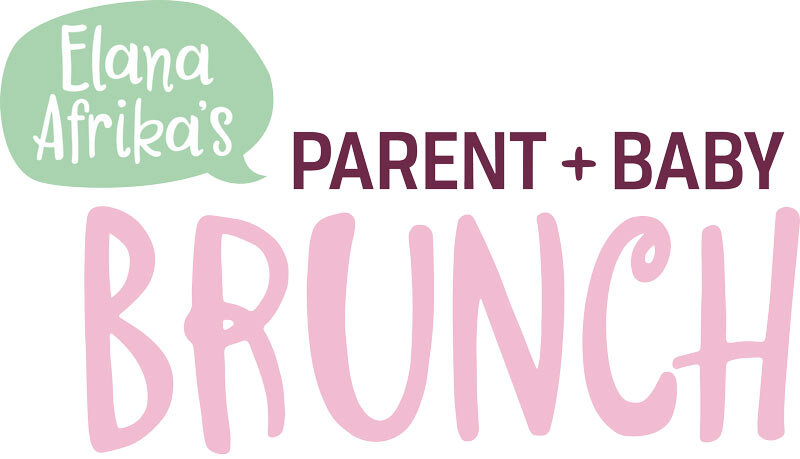The Introverted Child by Sandrina Naidoo
In a demanding, fast paced and ever-changing world, quiet downtime in solitude may seem to be the most sought-after luxury, while for others, it can be the most deafening silence if not managed well. Academics, homework, social media, television, emails, calls, social gatherings, assemblies, movement between classes, family dynamics, chores, expectations and co-curricular activities all form part of life’s demands on children. These factors catalyze over stimulating environments and it can become daunting for an introverted child.
Introverted children are individuals who tend to be more reserved, reflective, and inward-focused compared to extroverted children. Being introverted is a personality trait, and it does not imply shyness or a lack of social skills. Instead, introverted children often prefer quieter, less stimulating environments and may need time alone to recharge.
It is important to note that introversion is a natural and normal variation in temperament. Introverted children, like all individuals, have unique qualities and perspectives that can offer valuable lessons to those around them. Introverted children can teach us the importance of taking moments of quiet introspection to better understand ourselves and the world around us. They prefer small group settings; therefore, it is no surprise when it comes to their preference of friends. They prefer quality over quantity in friendships and they often prioritise genuine connections. Introverted people tend to be independent thinkers and this affirms the value of individuality and the courage to embrace their unique perspectives.
Introverted children often excel in creative activities. Their imaginative minds can inspire us to tap into our own creativity and find exuberance in expressing ourselves through art, writing or other creative ways. I have witnessed many introverted children adapt well to different situations. They can teach us the importance of flexibility and how to navigate social settings with grace.
Parents and educators are encouraged to respect and support introverted children rather than trying to change them into more extroverted individuals. Creating safe environments that allow introverted children to express themselves in ways that align with their preferences can foster their social and emotional development. Additionally, helping them develop social skills and providing opportunities for social interaction at a comfortable pace can be beneficial. Therefore it is imperative that both parents and educators create safe psychological environments for every child to thrive holistically. An environment where children are comfortable to take calculated risks, make mistakes and learn from these mistakes.
DBE-E3 has implemented project-based learning in schools with the aim of cultivating 21st-century classrooms. This approach facilitates the development and augmentation of skills, encouraging students to embrace an entrepreneurial mindset and way of being. Project-based learning (PBL) is an instructional approach where students learn by actively engaging in real-world projects. These projects are designed to develop critical thinking, problem-solving, collaboration, and communication skills. When applied in schools, PBL aims to create a more dynamic and engaging learning environment. Integrating project-based learning with an entrepreneurial focus aligns with the goal of preparing students for the 21st century. This is an inclusive benefit for every child.
PBL is a tool for collaboration in a classroom setting and this, (if applied strategically and correctly) is a chance for both the introverted and the extroverted child to highlight their strengths and showcase their contributions effectively. The introverted child brings in a sense of calmness to the group they lead children on how to become effective listeners. They model metacognition in a structured approach. This by no means states that the extroverted child lacks the said skill. The extroverted child tends to find silence odd and responds differently. Neither of the personality traits take a lead for superiority. This is the potential harvest of well cultivated group work.
In my personal experience as an educator, I have found that the superlative take away from collaborating with an introverted child is that being alone is not synonymous with loneliness and that everyone can benefit from moments of quiet reflection. Embracing and learning from these differences can lead to a more inclusive and understanding nation. A nation that DBE-E3 strives to attain.
By: Sandrina Naidoo, Provincial Support Coordinator - KZN, DBE-ECUBED
